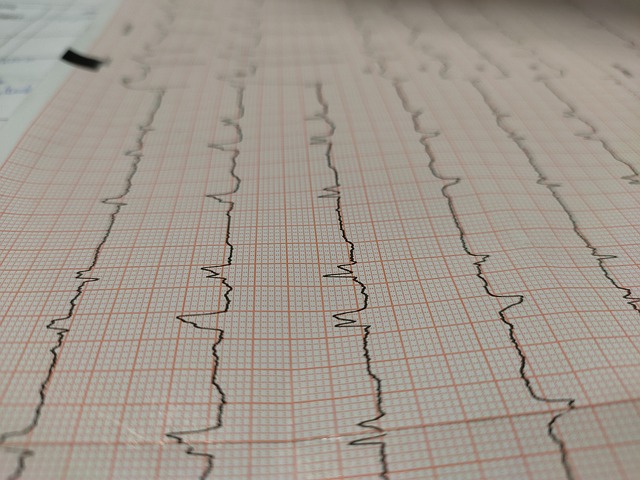Work hard, rest hard: The heart attack warning
Working too hard can increase the risk of heart disease by 103%, says study.

As burnout becomes common in the modern world, recent research suggests that high-stress jobs might be more dangerous than previously thought. Not only does stress take a toll on mental health, eating habits, and sleep patterns, but it could also exponentially increase the risk of heart disease. A shocking study published in the journal ‘Circulation: Cardiovascular Quality and Outcomes’ warns that overworking could potentially double men’s risk of developing heart disease, leading to severe complications like heart attacks.
The Link Between Work Stress and Heart Disease
The study followed the lives of 6,465 white-collar workers with an average age of 45.3, who had no previous history of cardiovascular diseases. Spanning across 18 years (from 2000 to 2018), the research tracked the coronary heart disease events among these individuals, alongside their job strain and effort-reward imbalance (ERI).

Researchers have defined ‘job strain’ as a type of work where an individual is subject to high demands but has limited control over their work environment or tasks. ‘Effort-reward imbalance’, on the other hand, is a measure of how the demands and stressors of one’s job stack up against their compensation, inclusive of aspects like wage, promotion opportunities, and job security.
In simple terms, the study aimed to understand if heart disease issues are more prevalent among individuals who face high demands at their workplaces and get inadequate rewards for their efforts.
Findings and Implications
The findings of the study were astounding. The researchers found that men facing either job strain or effort-reward imbalance experienced a 49% increased risk of coronary heart disease. Worse still, for those who endured both job strain and effort-reward imbalance, the risk rose by an alarming 103% as compared to their less-stressed peers.
“In this prospective cohort study, men exposed to job strain or ERI, separately and in combination, were at increased risk of CHD. Early interventions on these psychosocial stressors at work in men may be effective prevention strategies to reduce CHD burden. Among women, further investigation is required.”
Acknowledging the extensive and profound implications of the results, Dr. Alex Dimitriu, an expert in psychiatry and sleep medicine and the founder of Menlo Park Psychiatry & Sleep Medicine in California, stated:
“This is quite a huge effect size, and it is impressive that the researchers followed 6,000 people over 18 years. I don’t believe that baseline anxiety or psychiatric conditions were assessed in the participants; it is possible that some people may be more sensitive to stress than others.”
How to Reduce Stress: Suggestions from Harvard Health
Given such alarming revelations about the link between stress and heart disease, reducing stress becomes a priority. Here are a few effective ways to reduce stress utilizing practical strategies recommended by Harvard Health:
- Practice mindfulness techniques such as deep breathing, stretching, or meditation
- Opt for a healthy diet filled with nutritious food
- Regularly partake in physical exercise
- Ensure ample sleep
- Maintain regular and strong communication with friends and family
You might also be intersted in – Prominent Gujarat cardiologist, master of 16,000 heart surgeries, dies of heart attack



